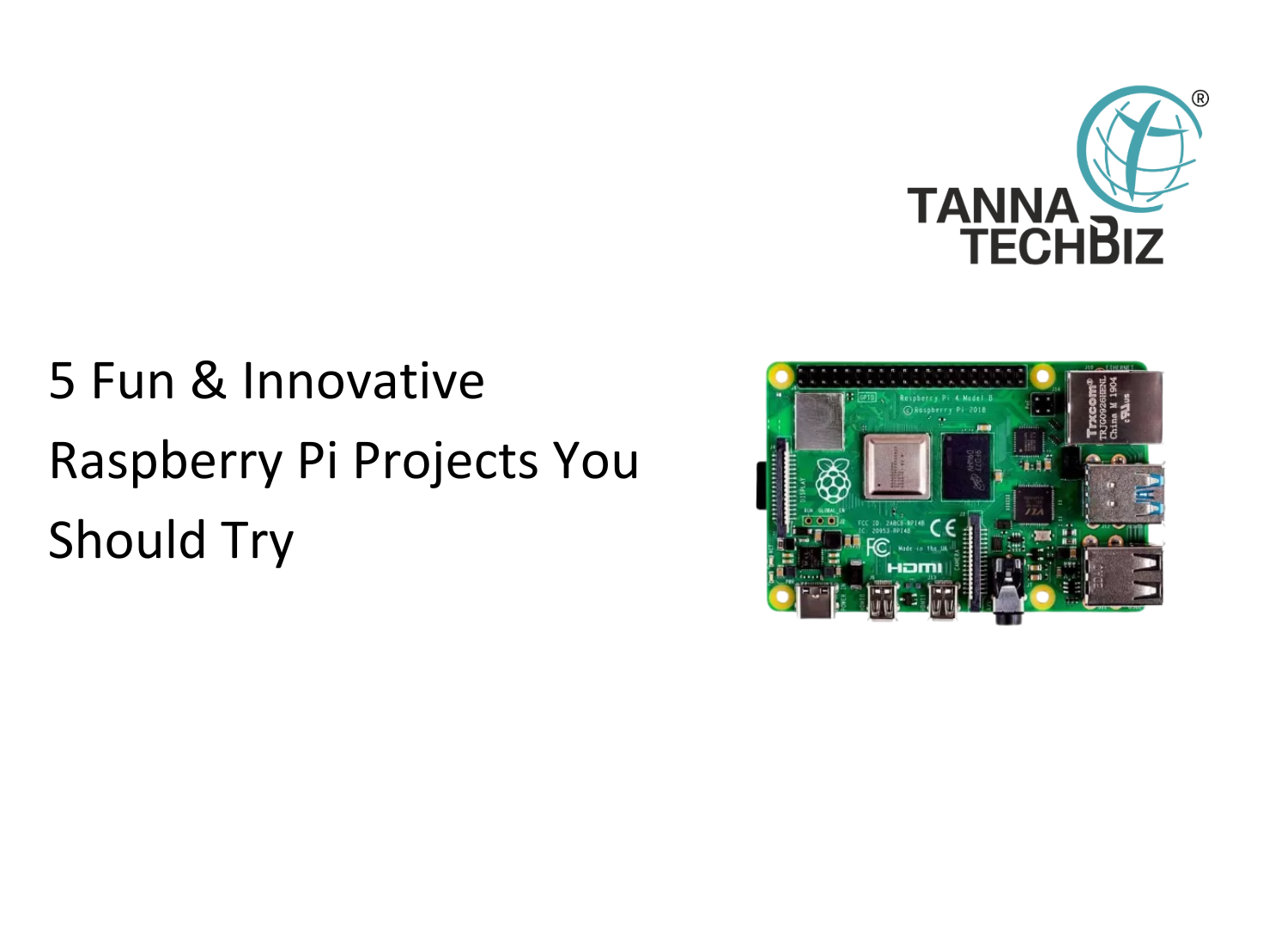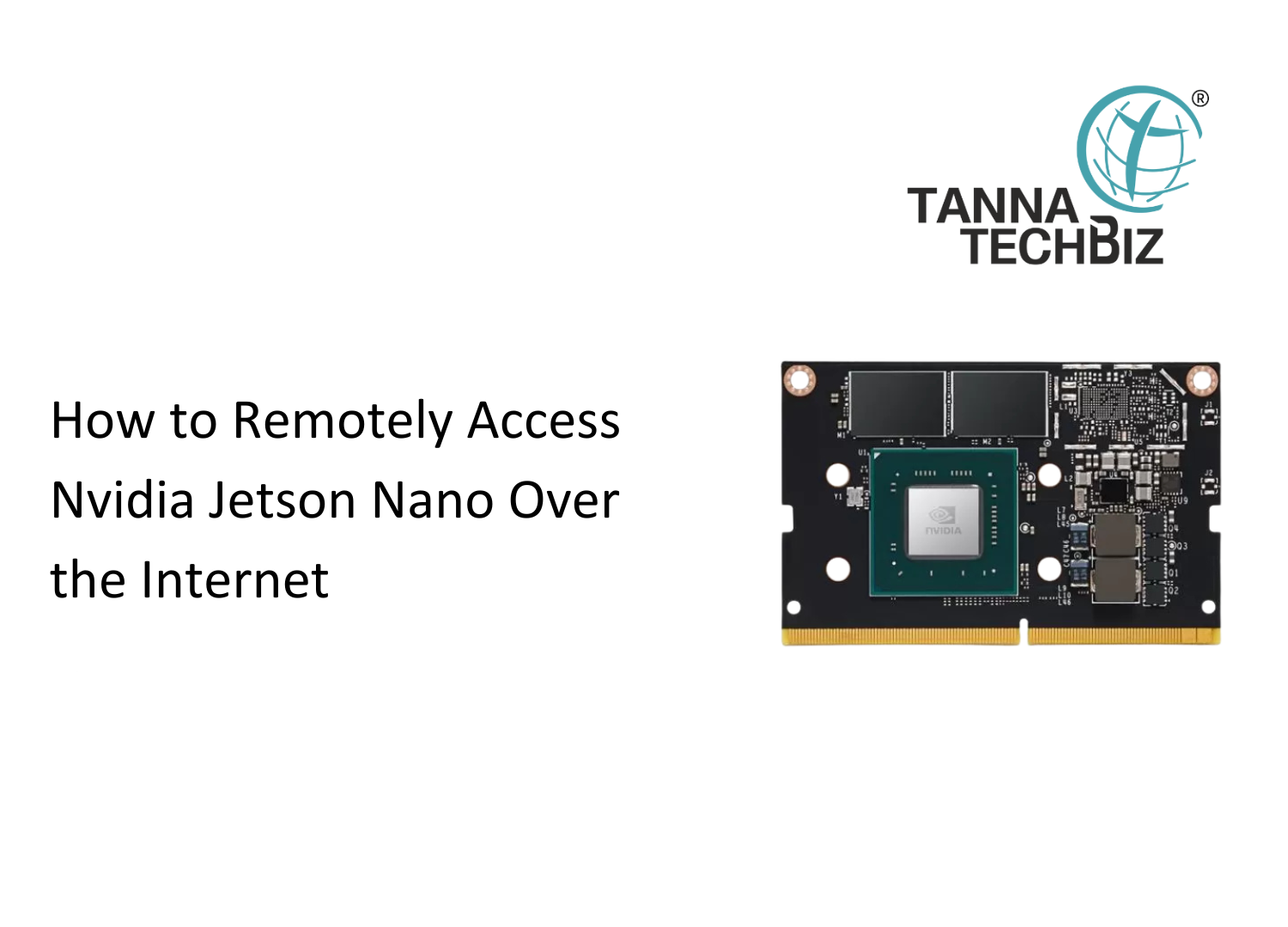Monthly Archives: September 2025
- 27 SepRead more »
Vecros JetCore – The Ultimate FC Carrier Board for Nvidia Jetson Xavier NX and Orin Nano/NX
Introduction to Vecros JetCore
In today’s rapidly evolving world of robotics, UAVs, and AI edge computing, having a reliable, high-performance carrier
- 23 SepRead more »
The field of artificial intelligence is advancing quickly, and there is a greater need than ever for smarter, more competent computers. High-powered, scalable and efficient AI platforms are needed as companies work towards closing the digital intelligence and real action. The newest innovation in edge AI computing, NVIDIA Jetson Thor, is designed to power next-gen physical AI applications.
What is NVIDIA Jetson Thor?
The next-gen AI platform NVIDIA Jetson Thor was specifically built for physically embodied AI or cognitive systems that are capable of perceiving and interacting with the physical world. For robotics, self-driving cars, factory automation and other applications, Jetson Thor reaches previously impossible levels of performance, efficiency and versatility by leveraging NVIDIA's innovative Thor system-on-a-chip (SoC) architecture. The platform
- 22 SepRead more »
The rapid pace of artificial intelligence evolution is changing daily life, research, and industries. The urgency of enormous processing power, efficiency, and scalability is its basis. The NVIDIA Blackwell Ultra chip is a ground-breaking product aimed at addressing the demand of the AI factory era. The new architecture is empowering companies to develop, train, and deploy AI models at a scale and speed never seen before, so it is not a small boost.
The AI Factory's Story
The behemoth factory to create, train, and run big, complex models of AI is referred to as the "AI factory." Voluminous data are processed in such a firm, where hardware must perform intricate calculations quickly. More efficient and environmentally friendly CPUs are necessary as models of AI become larger and more complex. The foundation of such AI factories is NVIDIA Blackwell Ultra, providing the performance and versatility
- 10 SepRead more »
The Single Board Computers, better known as SBCs, have redefined the meaning of portable computing. They are small, efficient, and customizable, so they are great for the engineers, the educators, the hobbyists, and the businesses.
Whether you are in the classroom working on projects or in an industry working on applications, the small boards can get the work done. The dilemma is in picking the right one because the options out there are countless.
The guide sheds light on the main points you should check before you buy so that you can pick the right board with confidence.
Look at Processing Power and Performance
The heart of an SBC is the processor. The little chip dictates how powerful and fast your board is going to be. Some have tiny ARM processors that can run basic functions nicely. Others come with many core CPUs that can run
- 5 SepRead more »
Single Board Computer, or SBCs, are quietly transforming the way we think of technology in the contemporary world. Previously the domain of the hobbyist, the compact but potent devices now power innovation in every sector. From intelligently powering smart buildings through to controlling factory automation, SBCs form the backbone of the modern embedded system. The case is simple: through affordability, flexibility, and performance, SBCs are redefining the future of embedded technology that others could not.
What is a Single Board Computer Exactly?
A Single Board Computer is a fully constructed computer using a single circuit board. Unlike big towers, the processor, memory, and everything in between are tightly compacted. These boards usually include:
- High-speed processor
- RAM and Storage Options
- USB and HDMI or micro HDMI ports



